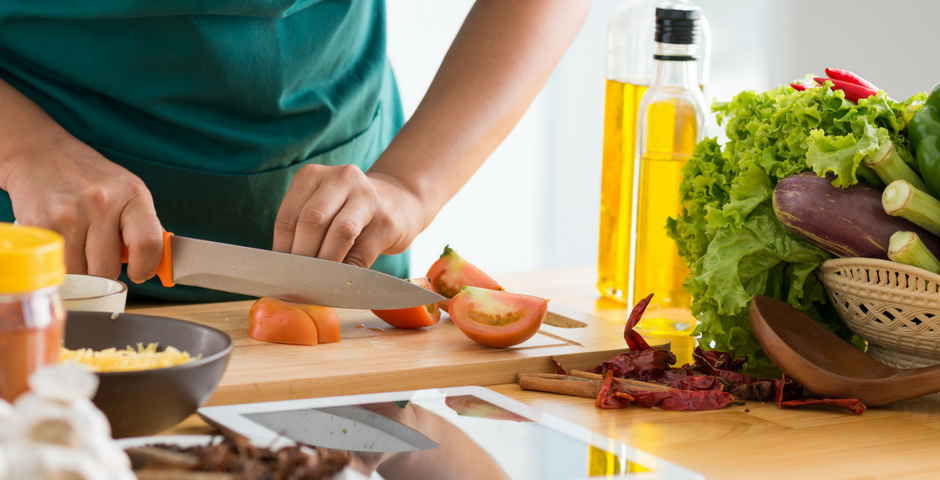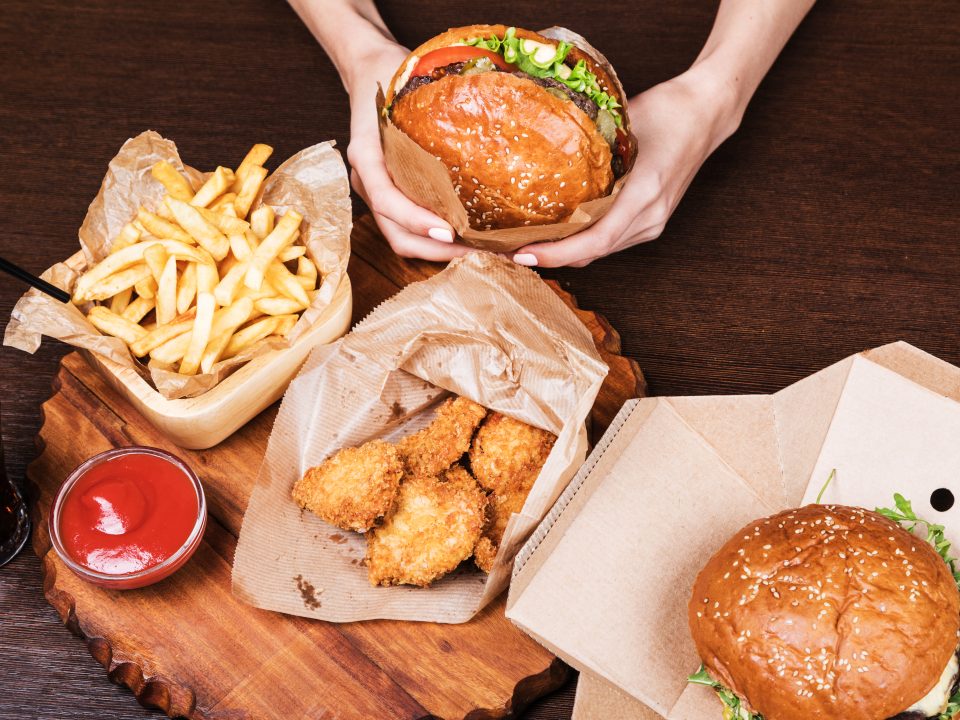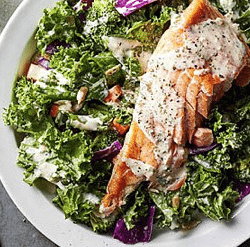
7 Superfoods That Help Lower Your Cholesterol Naturally
September 20, 2017
Mango and Turmeric Super Smoothie
October 9, 2017Everyone loses motivation sometimes. But even when you are in a bit of an energy rut, there are still things that you still get done, almost without even thinking about them. What is it that makes it easy to take action in some areas of your life (like brushing your teeth) but difficult to take action in others (like grabbing a water bottle on the way out the door).
Forming habits
Turns out it comes down to time and practice. The more time has passed with you consistently performing an action, the more this goes from something that requires effort to remember, and effort to do, and more to something that you do unconsciously as it has become a habit instead of a new change.
This is why diets are so hard to stick to, and why we give up so easily. We can’t imagine continuing the rest of our lives having to put in so much thought, planning, effort and needing such high levels of motivation to change the way we eat plus commit to regular exercise!
What we often don’t realise is that over time we find recipes that we like and then we repeat them. We get better at cooking that meal without having to check the recipe. We remember which ingredients we used last time instead of having to write them down on a list. And this process isn’t difficult, it just takes repetition.
We think that because when we start working out we are huffing and puffing, legs burning, and our chest is tight that this is what exercise will always feel like. We can’t imagine having to force ourselves to do this every week, let alone every day.
We think that planning a week of meals will always be this time consuming. We don’t realise that we are unfamiliar with which foods to choose and what the right portion of each is. We aren’t used to having to think so far ahead. But after a while we get a stocklist of healthy snacks we know we enjoy, we get together an array of healthy meals we know we love, and we have all the right containers that are the right sizes for planning ahead. Over time this becomes much easier.
We think that we are always going to feel as hungry and cranky as we do in the first 3 days of cutting out unhealthy high-calorie foods and changing to more moderate portions of healthy foods. We give up after just a few days thinking that there is just no way to sustain feeling like this. What we don’t realise is that our body adjusts to a change in diet after a while, and we no longer feel so hungry and moody.
The secret to forming habits
The more things you try to change at once, the harder it will be to rustle up the motivation to continue all of them, and the higher your chances are of giving up. Working on choosing just 3-4 things to change each week can be an incredibly effective way to promote the formation of new habits, as well as reducing our reliance on having iron-clad willpower.
Something like deciding that you will choose fruit as your mid-meal snacks, that you will drink 2L of water every day, and that you will go for a 15-minute walk after dinner are great examples of very positive changes you can make that are not so drastic that you are setting yourself up for failure.
Think of the unhealthy behaviors that you have taken part in over the last week. What are the top 3-4 that would make the biggest difference if you were to change them? What can you use as a substitute for that behavior that is instead health promoting?
You know yourself best, so choose changes you feel you can really honestly add to your week that are realistic for YOU. Saying you will run an hour every day at 4 am when you haven’t done more than walking around the shops in the past 6 months probably isn’t going to work out so well for you.
Still not working for you?
Of course, if you have tried this approach before and are still struggling with your weight, why not try a week or two at one of our weight loss retreats? There may be barriers to your weight loss that you aren’t aware of, and need some extra help figuring out with us.





